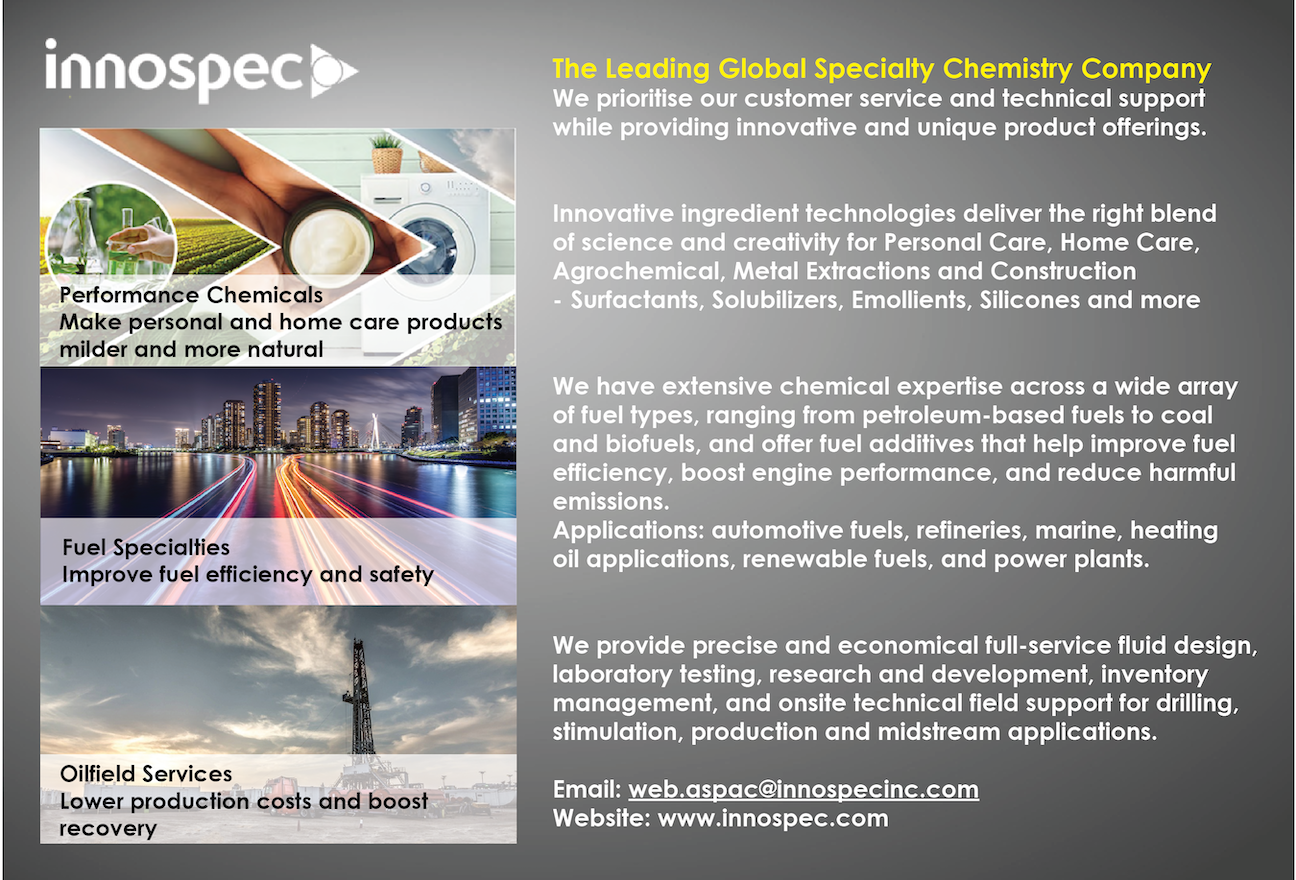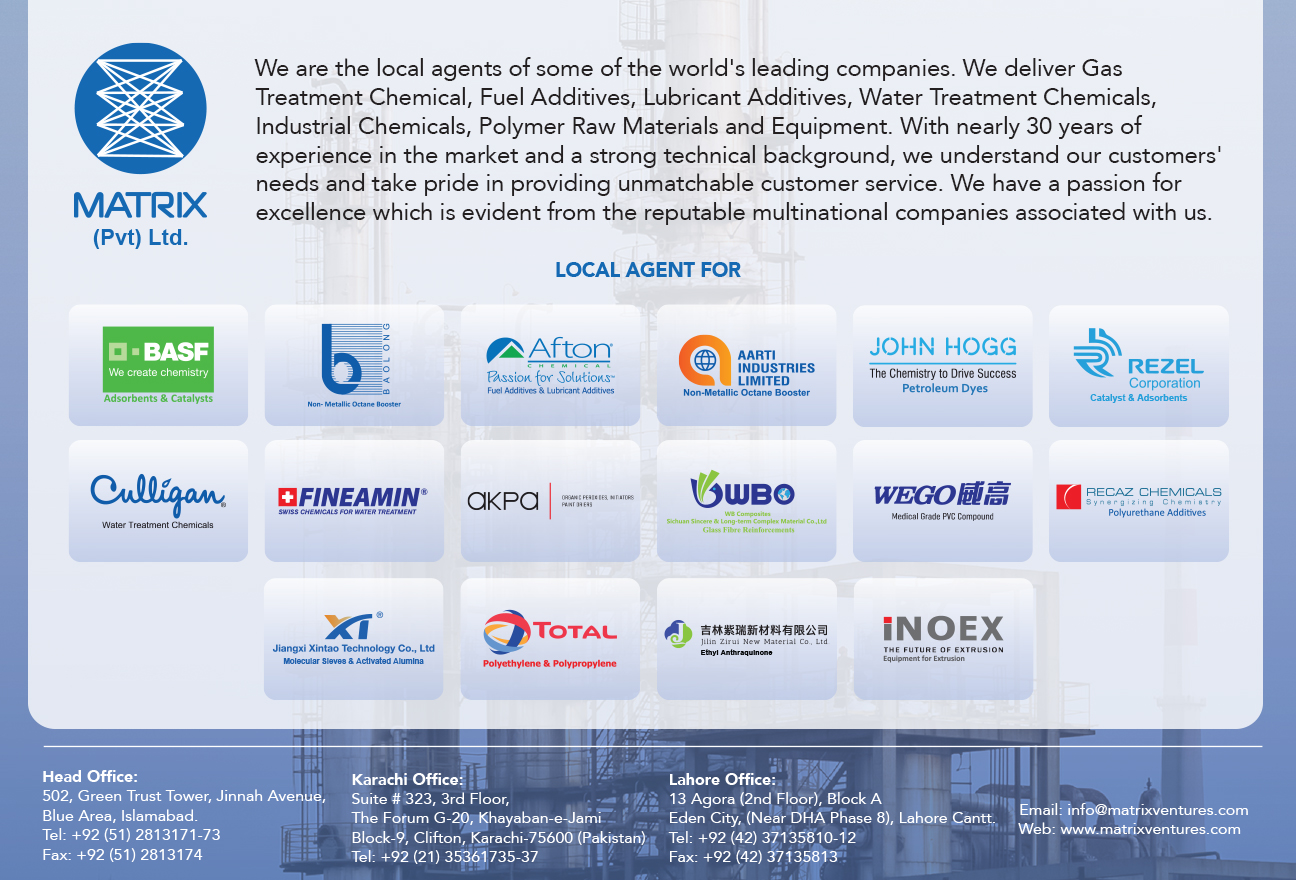Reflecting on his career, Zahid Mir, Managing Director of Pakistan Refinery, admits his current role is likely to represent the ‘last leg’ of his professional journey – partly why he is so determined to see the company flourish.
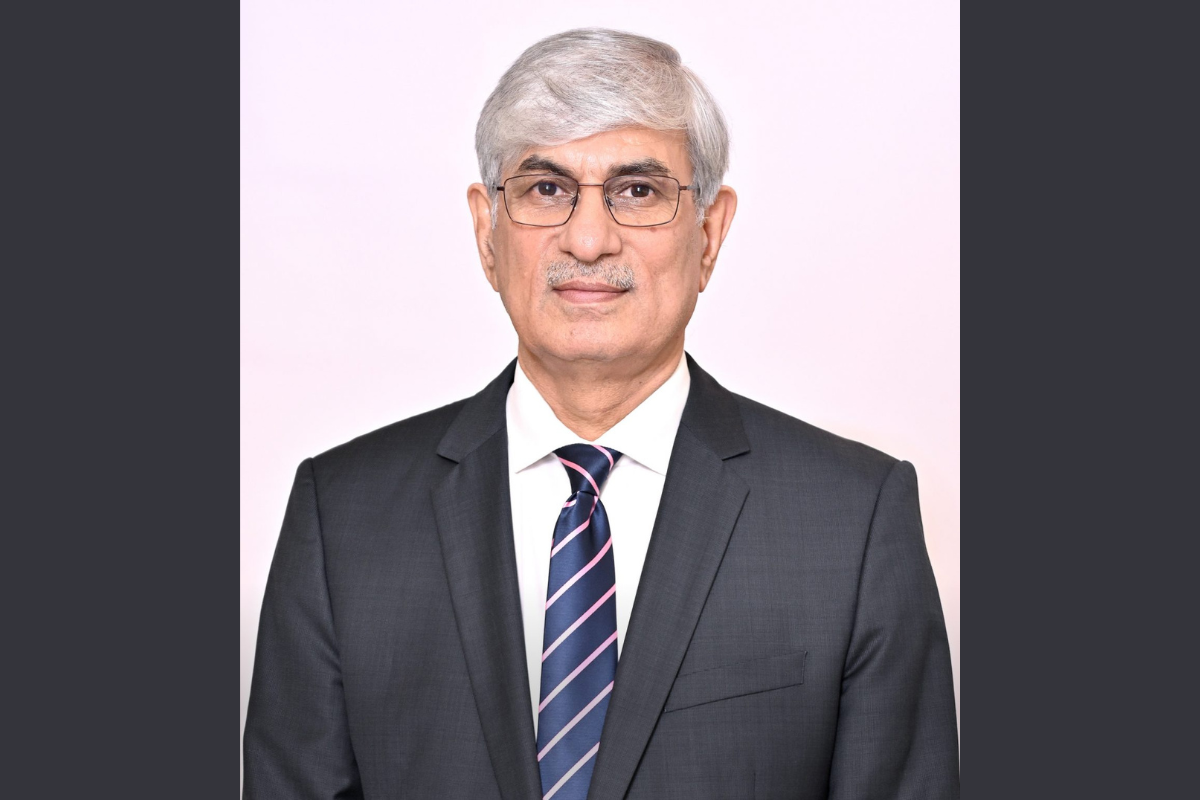
For him, that means leading a crucial upgrade of the oil refinery and enhancing its sustainability, all while ensuring its long-term profitability.
“Along with that, success also means that we are moving along with the standards that the world has set for production,” Mir tells The CEO Magazine. “We need to be leaders, as far as the refinery industry is concerned, in achieving these goals.”
When Mir was offered the Managing Director role at Pakistan Refinery three years ago, the operation wasn’t in an enviable position. Established in 1960, little had changed in the 60 years since and its financial health was ailing.
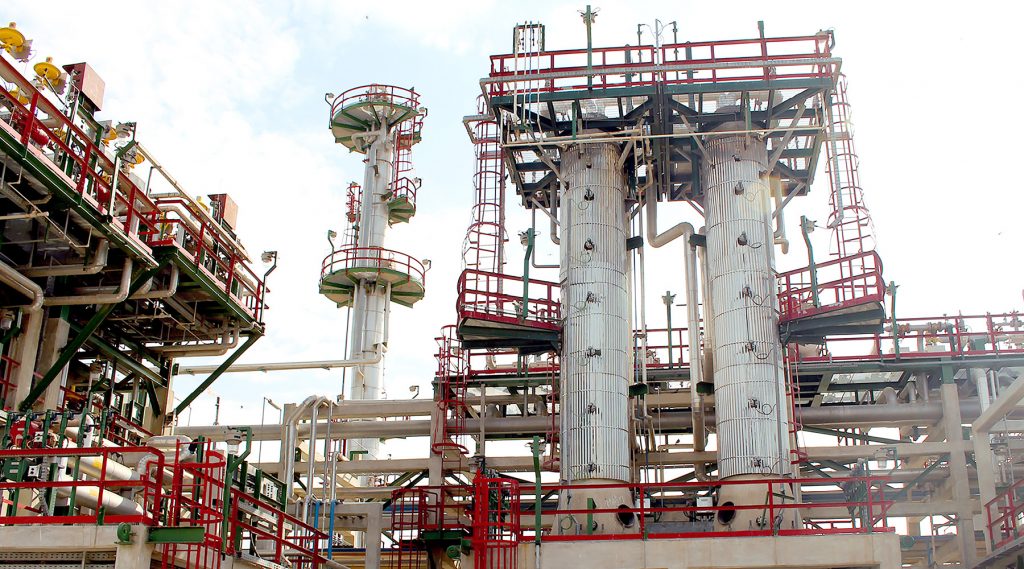
For me, the exciting opportunity was to take up this challenge and turn around the company.
“For me, the exciting opportunity was to take up this challenge and turn around the company,” he recalls. “The demand in Pakistan was going down so the first thing that we were required to do was to improve the financials of the company and to make it sustainable to generate the money needed to upgrade the refinery.”
His first two years in the hot seat were spent changing the crude recipe from “heavier and sour” crudes to “lighter and sweeter” crudes which enabled it to up its production of higher value diesel and petrol.
The tweaks saw Pakistan Refinery substantially shift its position. “That helped us really, enormously, in changing the financial output of the company,” Mir says. This reset made it possible to start upgrading the facility from the existing hydroskimming set-up to a “deep conversion” refinery – a US$1.2 billion project.
“Now, after three years, things have changed in the company as far as the financials are concerned and we have also made major progress as far as the upgrade of the refinery is concerned,” he says.
Overcoming challenges
The COVID-19 pandemic made this turnaround more complex, according to Mir. “It made a major, major dent on the demand side,” he says.
“The lockdowns across the country and the lack of demand effectively forced most of the refineries in Pakistan to shut down. Pakistan Refinery was the only refinery in Pakistan that was in operation.”
The innovative ideas it brought in during this period proved to be its saving grace – even as it reduced speed and production, the new crude recipe proved its worth.
Having weathered the tough times of the pandemic, Pakistan Refinery was then affected by another world event – the Ukraine–Russia war. While this turn of events drove up the price of crude oil, it still worked out OK for the refining sector.
“Luckily for us, the gross refining margins were greatly increased so the last two quarters have been very good for Pakistan Refinery,” Mir explains.
However, those margins are now starting to shrink.
“At one time diesel margins were in excess of US$40 but that has come down to about US$15–16,” Mir recalls. “So the challenges that we see in the next one year, definitely to work on, are the shrinking margins in the industry.
“What we need to do is we need to carry on with our operations, with our innovative operating techniques, to ensure that even if the margins are squeezed, we are able to float.”
The other important thing that Pakistan Refinery is working on is the country’s new refinery policy. “There are five refineries in Pakistan. Four refineries are basically hydroskimming refineries, producing a lot of negative margins,” Mir says. “We are already ahead. Now the government is ready to provide some incentives so that we can refine our operations and become sustainable, which will help us to ensure upgradation in the next five years.”
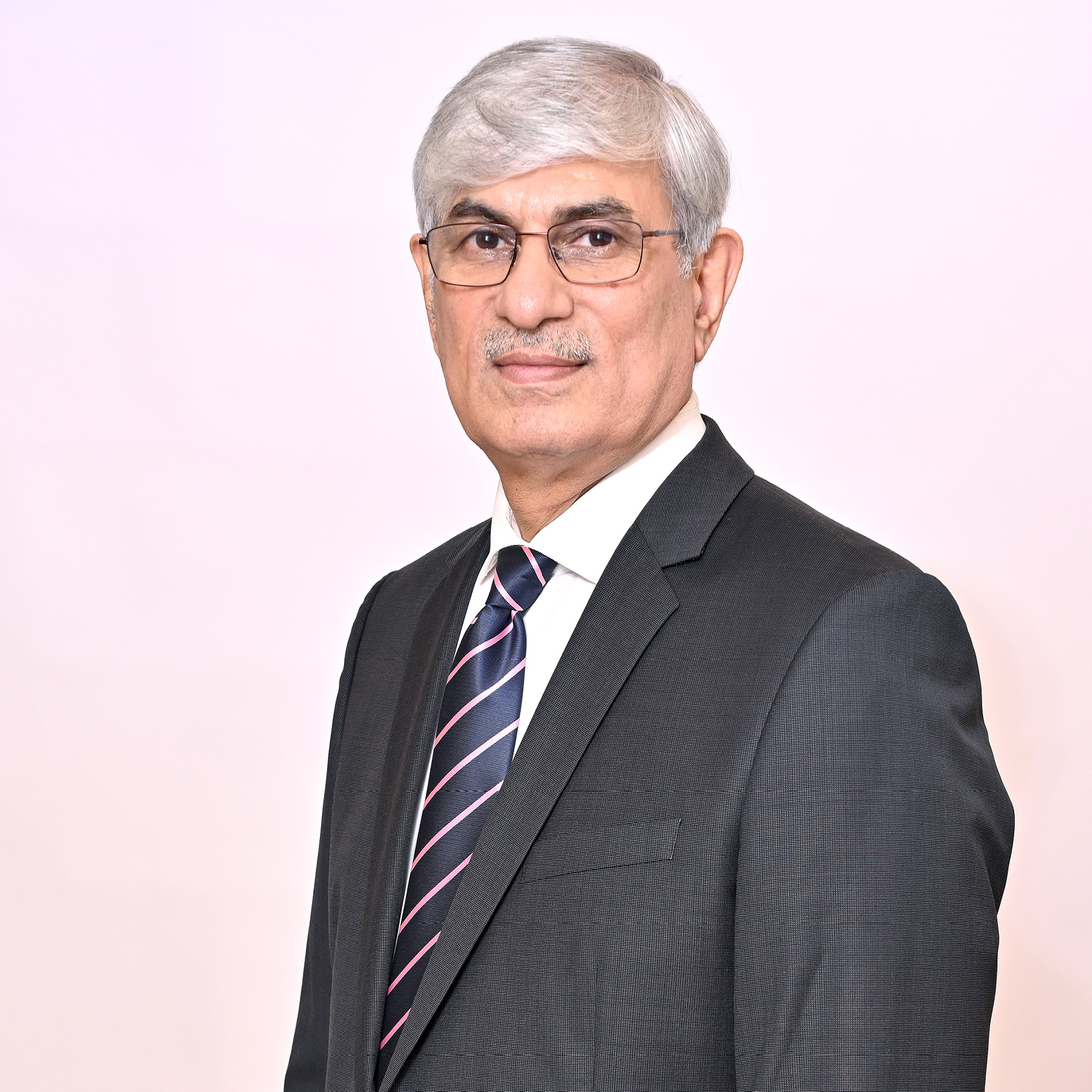
What we need to do is we need to carry on with our operations, with our innovative operating techniques, to ensure that even if the margins are squeezed, we are able to float.
As the former Chair of the Oil Companies Council, now known as OCAC, Mir played a crucial role in representing the industry and working closely with stakeholders in other areas in order to secure this commitment.
The long term sustainability of Pakistan Refinery relies upon what is known as the Refinery Expansion and Upgrade Project. The five-year plan will see capacity expand from the current 8 million liters per day to 16 million liters. Additionally, fuel oil will be able to be converted into high value products such as motor spirit and high speed diesel produced to EURO V specifications. This process involves the deployment of state-of-the-art deep conversion technology, and will ultimately minimize deficit products and assist in import substitution.
Once completed, Mir hopes the Refinery Expansion and Upgrade Project will leave Pakistan Refinery in a financially sustainable position. “We’ll also be the best refinery in the country in terms of quality and capacity,” he says. “That’s the objective of management.”
A 360 view
Never complacent, even as his plans start to deliver results, Mir is careful not to overlook any important aspect and so is looking at the company culture too – a key component of any successful turnaround.
“There are few things that I would like to see in the company,” he reflects. “First of all, there can be no discrimination in our company, based on anything.”
“At Pakistan Refinery, we are very proud to say that there is absolutely no room for discrimination based on religion, based on language, based on nationality, based on anything. Everybody is treated absolutely the same, as far as this company is concerned.”
Mir is also deeply committed to ensuring “very high standards of safety”. While the production of diesel involves very high temperatures bringing with it inevitable risks, he is proud to share that Pakistan Refinery has just completed 12 million hours free of lost time injury (LTI).
“I take it so seriously if there is ever an incident in the company. Fortunately, there has not been a single LTI in more than three years,” he says. “But if there was every any incident that would harm our people, I would think myself responsible for that.”
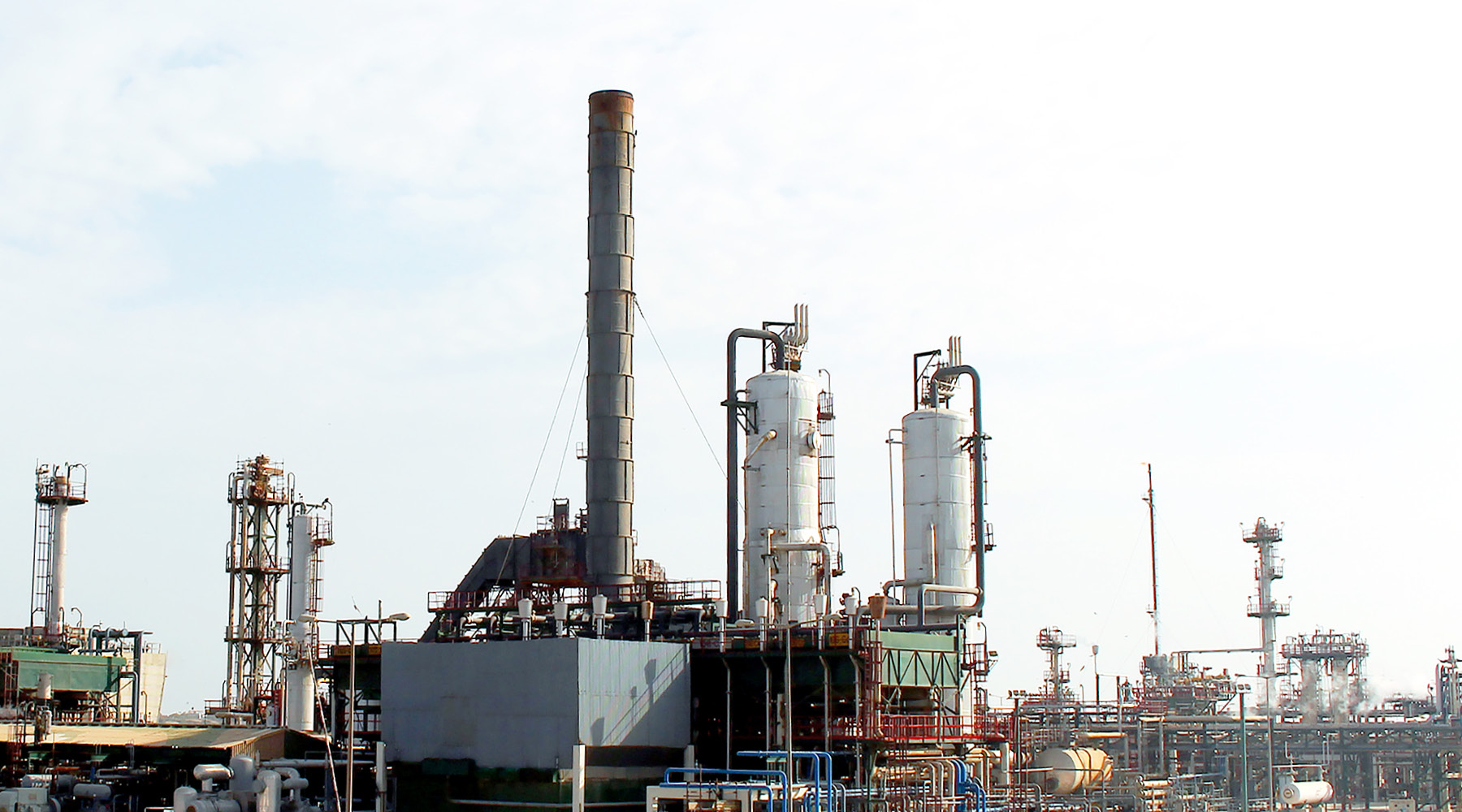
At Pakistan Refinery, we are very proud to say that there is absolutely no room for discrimination based on religion, based on language, based on nationality, based on anything.
“The most important assets as far as the company’s concerned are the people. The most important assets are the lives of people. We can compromise on anything, financials and production, but there is absolutely no compromise as far as safety and the environment are concerned.”
With a convincing vision of how to drive Pakistan Refinery forwards, and a deep-rooted determination to make a difference to its future, it’s clear that Mir is a man on a mission – one that looks set to succeed.

